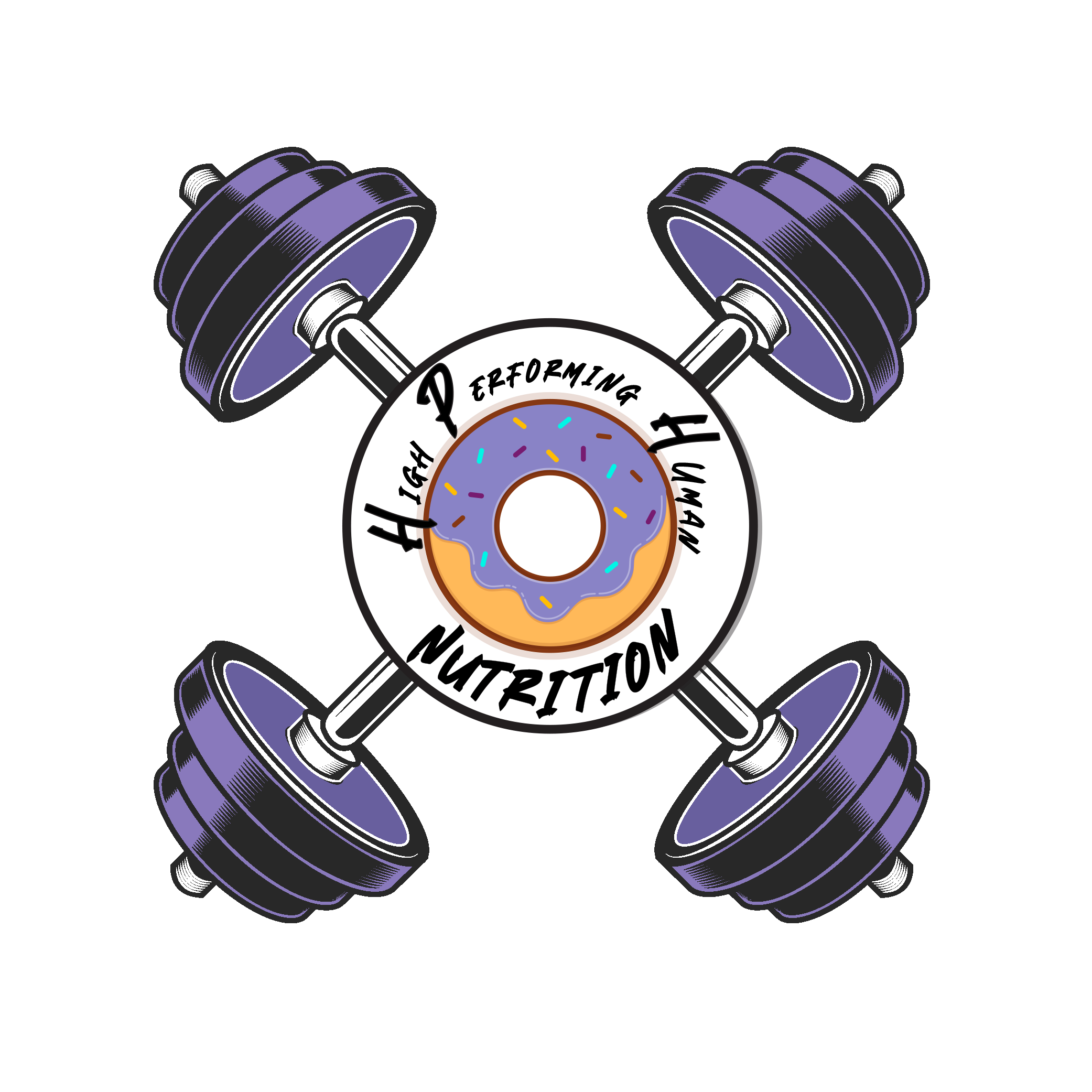Happy Thursday!
Although it’s a bit of a gloomy day out, I’m so enjoying the warm temps Michigan has had to offer over the last few days. Is spring finally here?! I sure do hope so.
So, getting back on the track of this graduate school stuff. This past Friday I took my GRE (Graduate Records Examination). For those of you planning on going on to graduate school you may or may not be aware of this test, and you may or may not have to take it depending on what program you’re going into. For my physical therapy program it was required, but for my dietetics program it was not.
Side Note: I’ve made my decision to pursue dietetics so I really didn’t need the GRE; however, I already paid for the test and can still include my scores on my application. I figured it couldn’t hurt to still take it.
Any student that has to take or is preparing for the GRE knows that it is a pretty big deal. Just one of the major components of your graduate application. I have learned a few things in preparing and here are a few tips to consider:
- Know what you have to score. Most graduate programs will give you guidelines and norms for their acceptance based on GRE scores. For example, when I was looking into programs for physical therapy I was able to find plenty of information on the program websites. They listed the required minimum score to be considered as well as the average score of the previous years accepted applicants. This can give you an idea of what you have to work for and what areas to focus on. Also, different programs are going to require different scores. Human services are about equal between verbal and quantitative, but engineering programs require a much higher quantitative score.
- Be familiar with the sections on the test. The test has a verbal (mostly vocabulary), quantitative (math-based), and writing portions. Each section has a few different types of questions that are asked. Some study materials list and dissect the different types of problems. (I’ll talk more about study materials below).
- Vocab is key. A majority of the verbal section is all based on vocabulary. And to be honest, they use words that you’ve never seen or used and that you will most likely never see or use again. So, leading up to the exam, learn as many words as you can. It’s never too early to start expanding your vocabulary. Whenever you hear a word you don’t know, make note of it, and look it up. I took advantage of the Magoosh app in combination with my own flashcards.

4. Study materials do help! I didn’t spend hundreds of dollars on study materials, in fact I don’t think I even spent $50. If you feel comfortable with yourself enough to go through study books you shouldn’t need the intensive programs. The study materials I bought were just a couple options from Amazon. To be honest, I started with the book from The Princeton Review and didn’t even make it to the other. This one helped break down the types of questions and how to approach them. Approaching questions may be the most difficult part. Some of the questions can be worded in a tricky way, but as long as you know how to approach the problem, you shouldn’t have any problems. These books also give a list of vocab words you will want to know.

I’ll be completely honest, once I changed my graduate program, I worried a little less about studying. BUT, the studying I did do really helped.
As far as test day goes, just be as calm as possible. Be sure that you have your confirmation, two forms of photo ID, and give yourself plenty of time to get there, fill out paperwork and get started. The test is broken up into sections that only have 20 questions each so, if you tell yourself to just take it 20 questions at a time, that helps mentally.
If anyone has any other questions about the GRE and the process leading up to it please feel free to ask in the comments!
Have a wonderful weekend!
